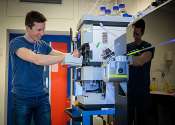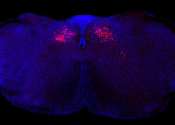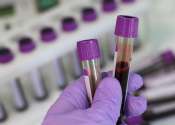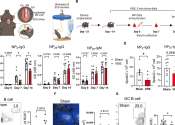Patients with rheumatoid arthritis have unique and complex autoantibody patterns, study reveals
Patients with rheumatoid arthritis (RA) all have a unique and diverse set of antibodies that are involved in the development of the disease. Researchers at Utrecht University unveiled the complexity of these antibodies using ...
May 1, 2024
0
60









